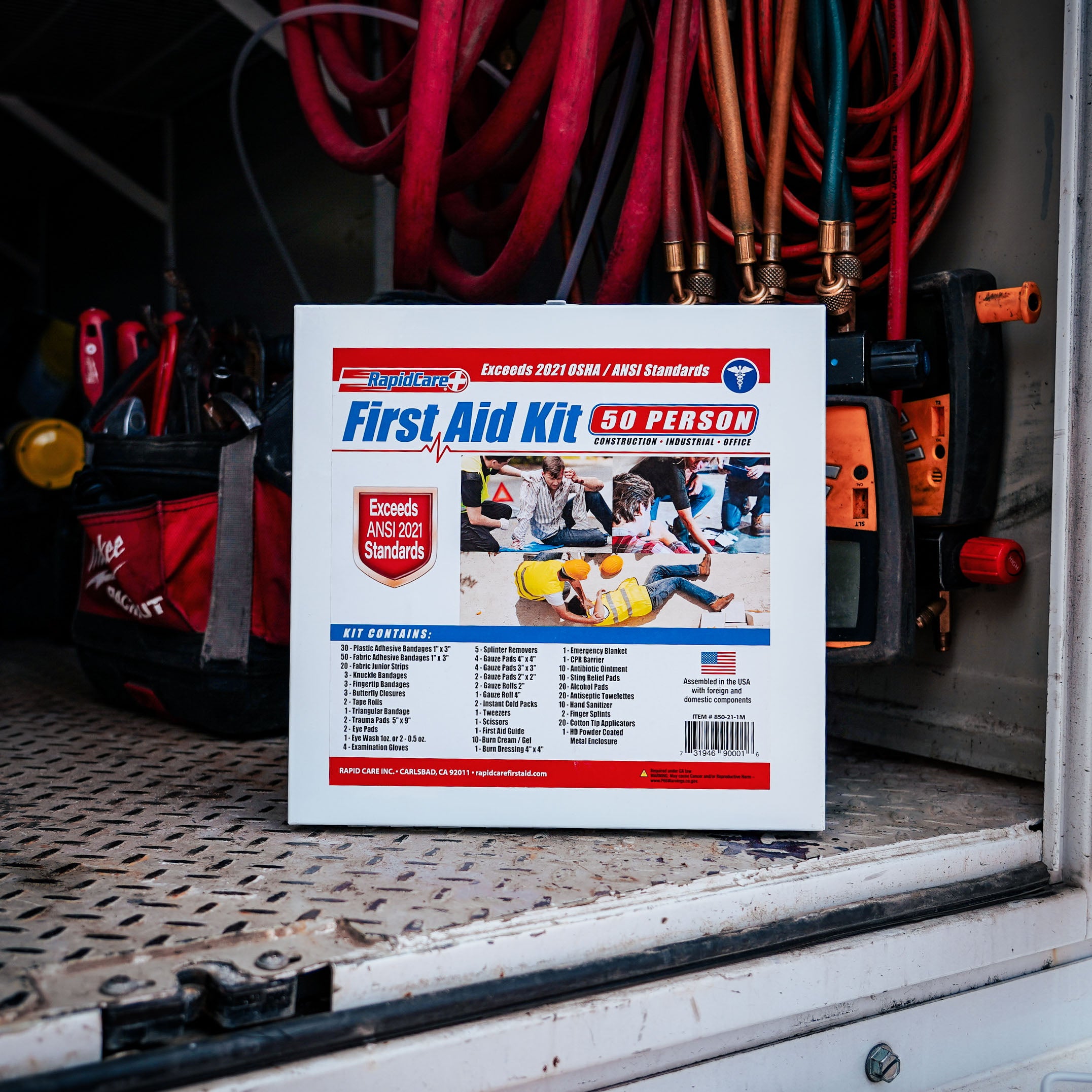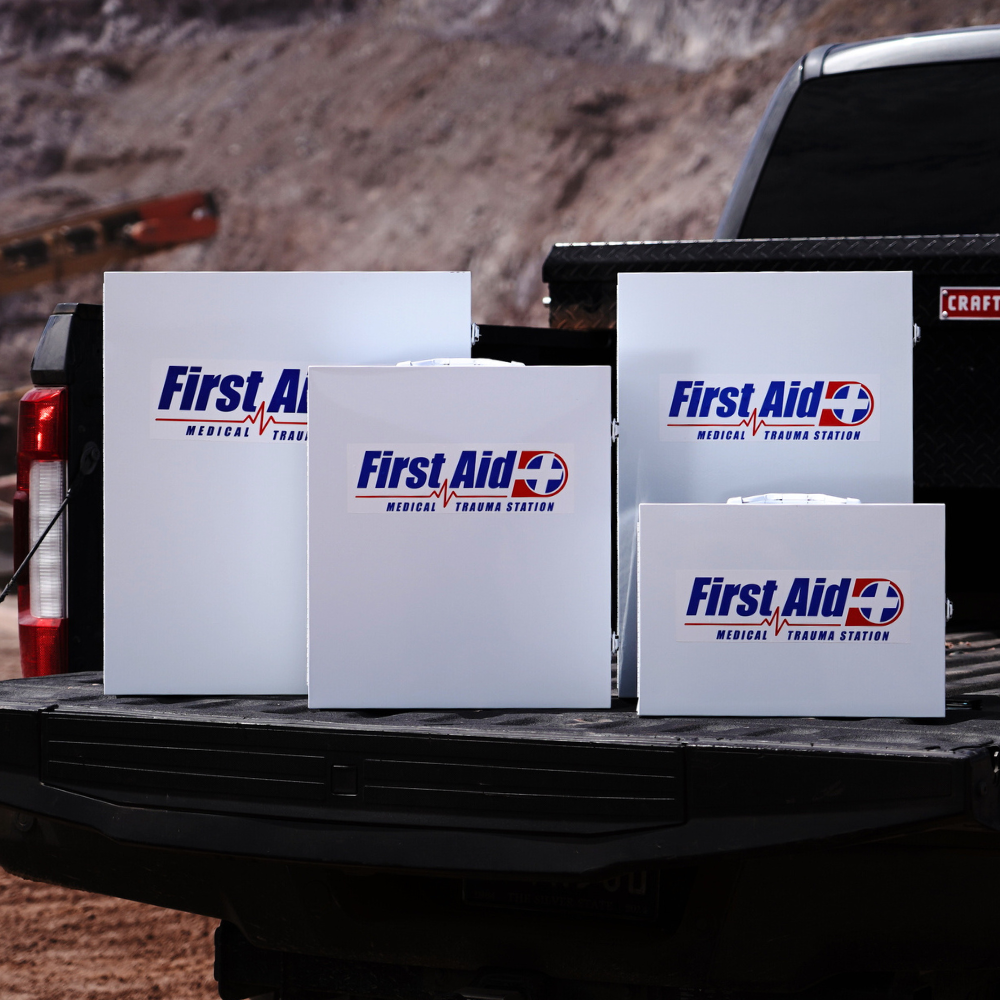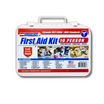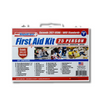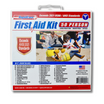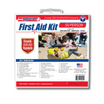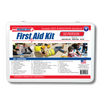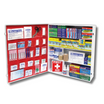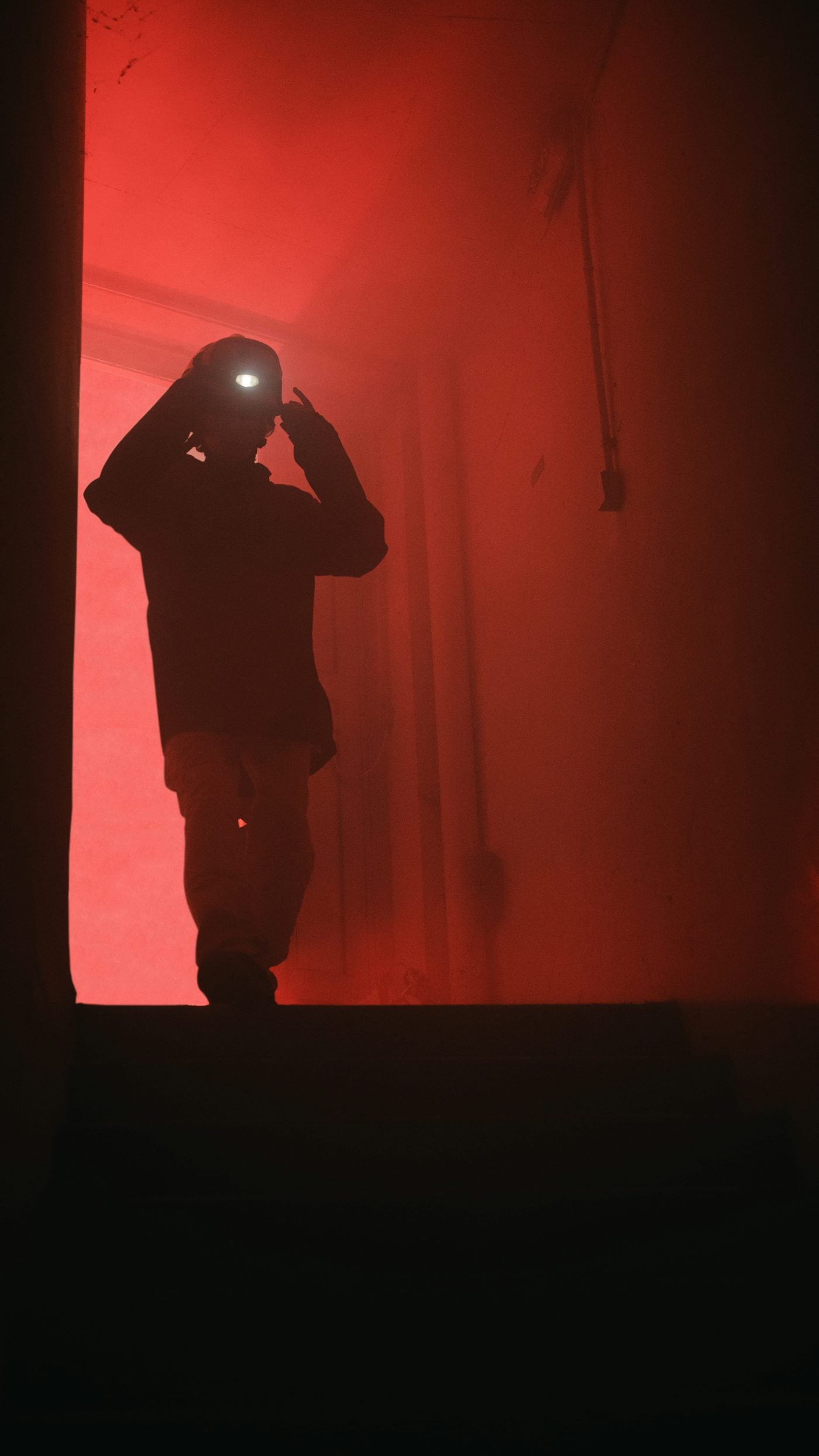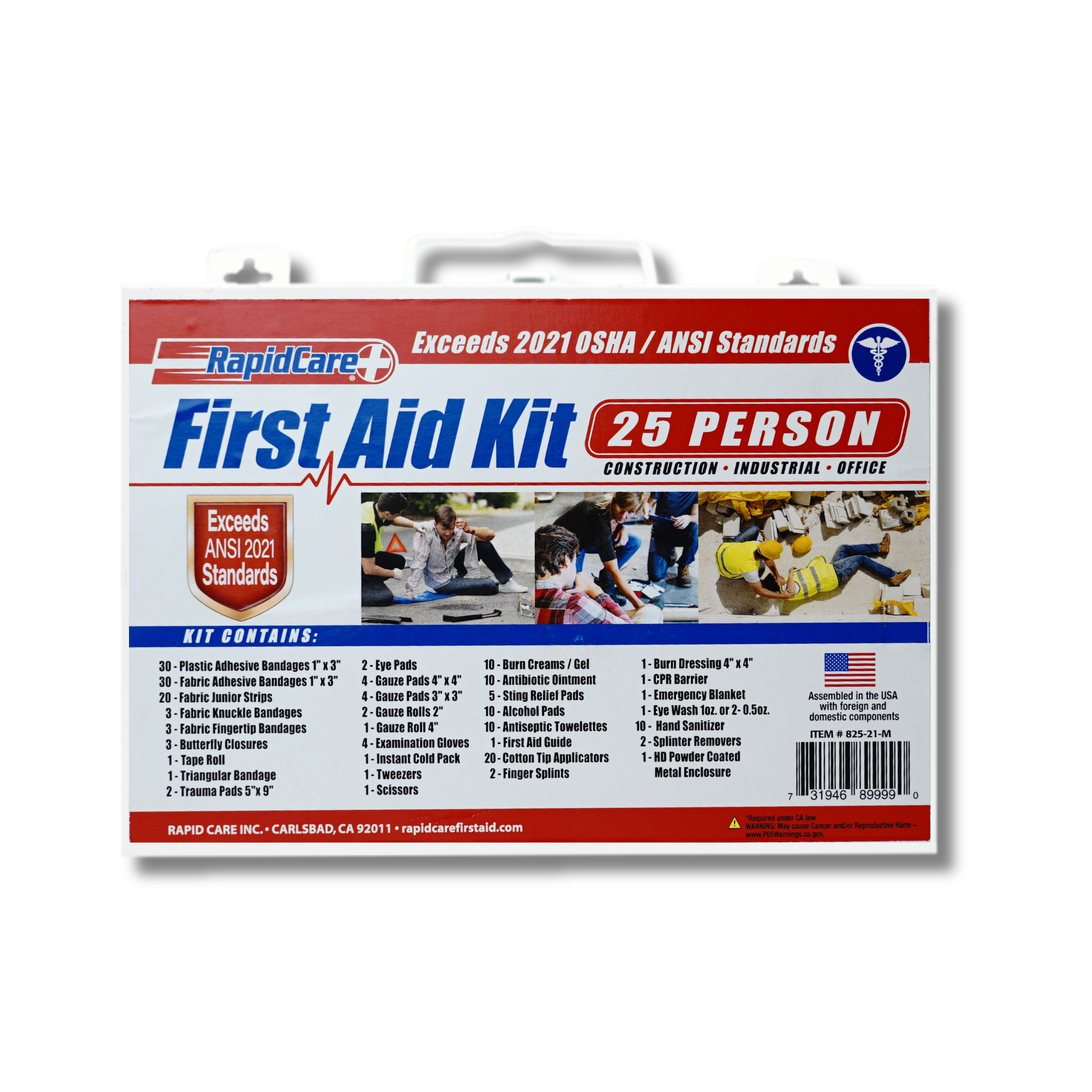The Role of Every Individual
In times of crisis, we often think of first responders as the brave individuals who arrive at the scene to provide immediate assistance. However, the truth is that every person has the potential to be a first responder in their own right. Whether it's a medical emergency, natural disaster, or everyday crisis, the actions of ordinary people can make a significant difference in the outcome.
Understanding the Concept of First Response
The term "first responder" typically refers to professionals such as paramedics, police officers, and firefighters. These individuals undergo specialized training to handle emergencies and provide crucial aid. However, the concept of first response extends beyond these roles. In reality, the first person at the scene of an emergency or crisis is the true first responder.
Empowering Individuals to Act
With the right knowledge and resources, every individual can become an effective first responder. This can involve learning basic first aid and CPR, understanding how to respond to natural disasters, or simply being prepared to assist others in times of need. By empowering people with the tools and knowledge to act swiftly and decisively, we can create a community of first responders who are ready to step up when the situation demands it.
The Impact of Quick Thinking and Action
In emergency situations, every second counts. The ability of everyday individuals to take quick, decisive action can mean the difference between life and death. By recognizing the crucial role that ordinary people play in emergency response, we can foster a culture of preparedness and proactive intervention. When everyone is equipped and willing to respond, the overall resilience of a community is greatly enhanced.
Cultivating a Culture of Preparedness
Being a first responder isn't just about reacting to emergencies—it's also about taking proactive steps to prevent and mitigate potential crises. This can involve educating oneself about safety measures, participating in community emergency response initiatives, and promoting a culture of preparedness among friends and family. By collectively embracing the role of first responders, we can build a stronger, more resilient society.
The notion that everyone is a first responder serves as a powerful reminder of the collective responsibility we share in ensuring the safety and well-being of our communities. By recognizing the potential for every individual to make a meaningful impact in a crisis, we can harness the strength of unity and preparedness. Through education, empowerment, and a shared sense of duty, we can work towards creating a society where everyone is ready and willing to respond when the call for help arises.

